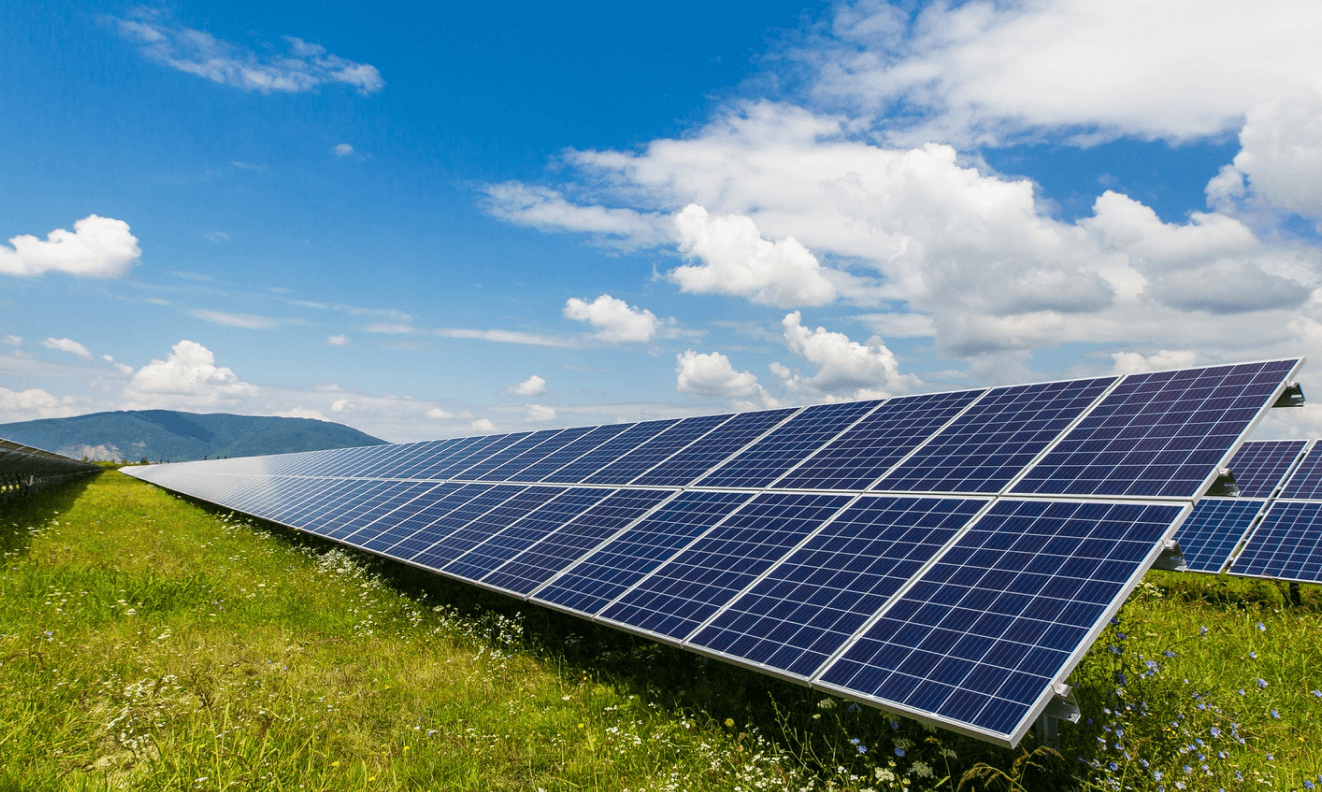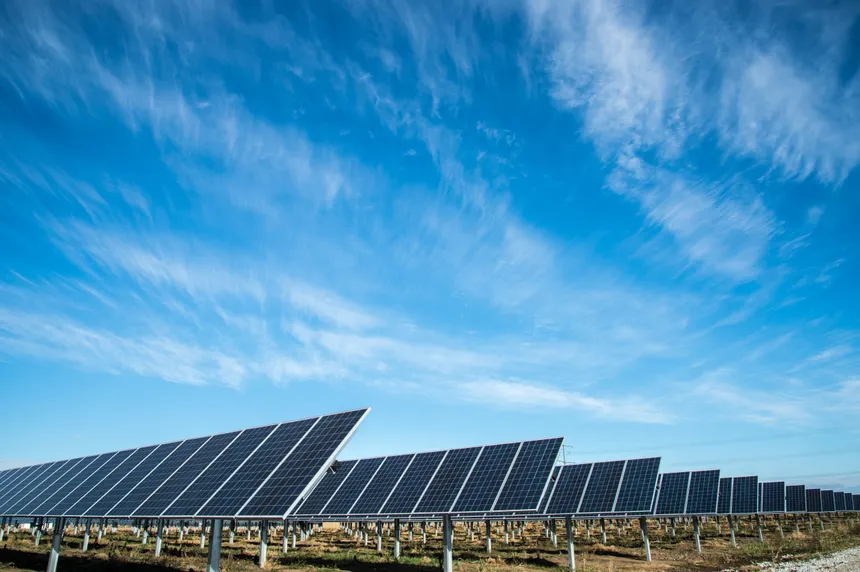


The energy landscape is evolving at a very rapid rate, and businesses are seeking affordable, sustainable ways to satisfy their energy needs. One of the most probable trends is decentralized solar power because it enables businesses to generate power locally and not from conventional grids. Microgrids and decentralized solar programs can be leveraged by industries to reduce carbon emissions, decrease operational costs, and enhance energy security.
Localized power plants that are typically fossil fuels are utilized by decentralized solar energy to ship electricity over miles. This does not come without drawbacks such as transmission loss, grid failure, and volatile costs of energy. Decentralized solar energy breaks these issues through the ability for companies to generate, store, and manage electricity on their own.
Microgrids are decentralized energy systems with battery backup and storage power and decentralized solar power. Microgrids offer companies greater energy independence and choice.

Several organizations have successfully implemented decentralized solar energy to optimize their energy efficiency and sustainability.
Multiple industrial parks in Dubai have integrated decentralized solar energy solutions, cutting their electricity expenses by 40% while ensuring uninterrupted power for critical operations.
The Saudi Arabian Mining Company (Ma’aden) is implementing a $1.5 billion solar thermal project to supply 65% of the steam required by its bauxite refinery at Ras Al Khair. This initiative aims to cut carbon emissions by 600,000 tons annually.
Egyptian farm companies have been driven to decentralized solar, employing solar-powered irrigation systems to reduce dependence on expensive diesel-powered generators.
Solution: Governments and investors offer grants, subsidized loans, and tax credits to lower up-front costs. (See incentives)
Solution: Hybrid solar systems with battery backup ensure an uninterrupted power supply.
Solution: Working with policymakers to streamline approvals and integration. (Energy policies)

Decentralized solar power is revolutionizing corporate energy management. Emerging technologies like blockchain, AI-driven energy management, and peer-to-peer energy trading are enhancing adoption.
We at Clenergize specialize in assisting businesses to transition smoothly to decentralized solar energy through:
The future of corporate energy is in decentralized solar power, promising cost savings, reliability, and environmental benefits. With the adoption of solar microgrids and smart energy solutions, businesses can become energy-independent, sustainable, and empowered to possess an independent power source.
If you are ready to switch to a more efficient and sustainable energy system, Clenergize can help make it possible. Contact us today to talk about tailored decentralized solar energy solutions for your business.